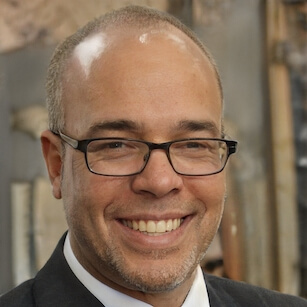Next, I organize the CEO's calendar by strategically allocating time for high-priority tasks, meetings, and personal commitments. I've found that color-coding the calendar based on the type of event (e.g., internal meetings, client meetings, personal appointments) helps both the CEO and me to quickly visualize their schedule.
Lastly, I understand that last-minute changes are inevitable, so I always maintain a certain level of flexibility in the schedule. I make sure to anticipate potential conflicts and have backup plans in place, such as alternative meeting times or locations.










